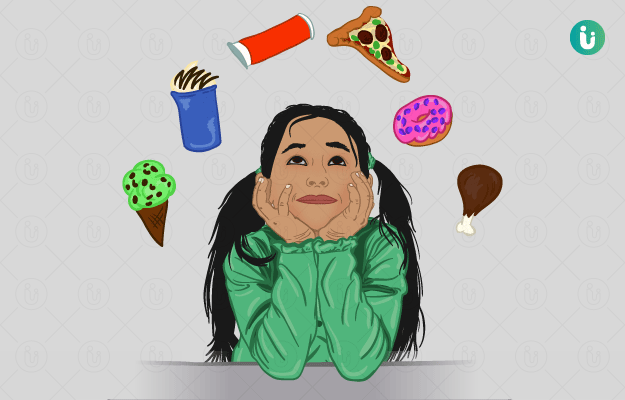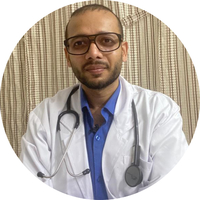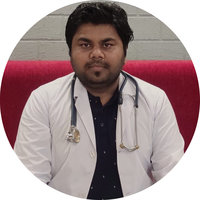What is Eating Disorder?
Eating disorders correspond to irregular eating habits which include, excessive eating, or scanty eating. The patients tend to gradually progress into this disorder and therefore it is best if it is noticed at the right time.
What are its main signs and symptoms?
It has been seen that an early detection of eating disorders play a key role in the timely treatment. Therefore, one must be watchful of the common signs and symptoms of eating disorders:
- Anorexia i.e., loss of appetite in people who eat very small quantities of food
- Weakness and emaciation
- Anxiety
- Social withdrawal or isolation
- Bulimia, wherein the patient eats large quantities of food very frequently
- Binge eating, wherein the patient gulps down large quantities of food in a specific time span
- Eating even though one does not feel the hunger
- Low self-esteem
- Mood swings
- Sudden focus on body weight and shape
- Sudden and prominent changes in body weight
What are its main causes?
Eating disorders can occur due to different reasons. However, some of the most common ones have been outlined below:
- Psychological causes include stress, poor self-esteem and poor body image
- Biological factors include nutritional inadequacies, genetic makeup, hormonal interplay or other medical issues
- Personal issues such as events in the past that could have traumatized or disturbed the patient
- Sudden cultural differences
- Professional requirement may also come as a forceful adaption for certain eating patterns
How is it diagnosed and treated?
If you happen to observe some of the above-stated signs and symptoms, it is indicative that you must see a doctor. Based on your symptoms, eating habits and other questions around your daily routine, the doctor will be able to decide if you have an eating disorder.
- In the course of diagnosis, he may physically examine you and if needed, he may ask you to get some laboratory tests done to assess for overall health status and nutritional deficiencies in particular.
- The doctor will also perform a psychological evaluation to confirm the diagnosis.
Treatment of eating disorders includes several aspects related to healthy eating and a healthy lifestyle. However, some of the common therapies to treat eating disorders include
- Meditation
- Healthy eating
- Cognitive behavioural therapy wherein your mood swings and eating habits are monitored and it is assured that you do not eat to overcome mood swings.
- As such there is no medication to cure eating disorders, however, you may be prescribed antidepressants and anti-anxiety medications to overcome the urge to eat at odd hours.
- Nutritional supplements might be prescribed to overcome any deficiencies

 Doctors for Eating Disorder
Doctors for Eating Disorder 


















